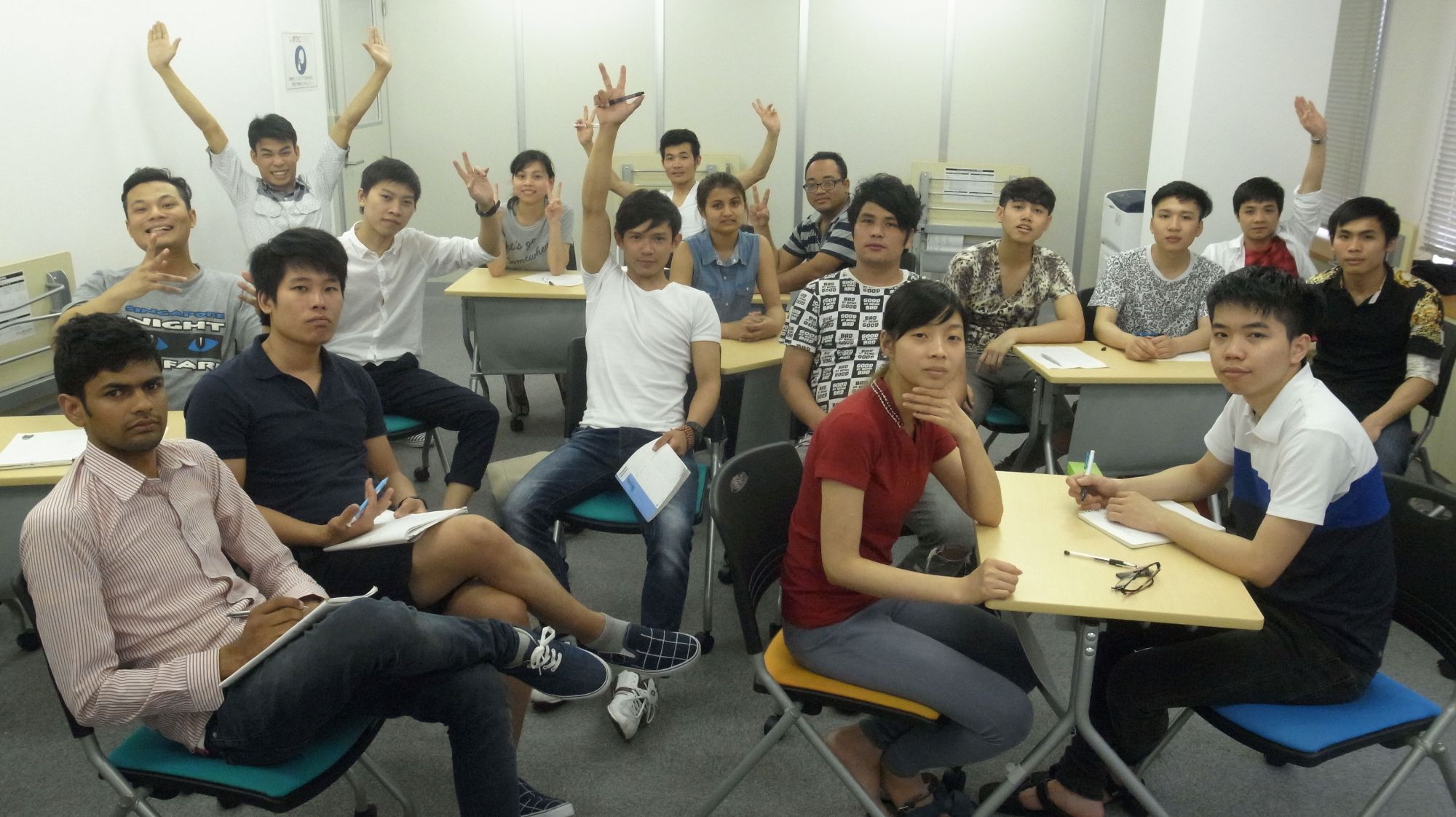We hope international students gain new experiences and deepen their human abilities in the World's largest megacity of Tokyo. The movement of technology, economy, and population are forcing drastic changes in Japanese society. Under such circumstances, the existence of international students is a source of vitality for Japanese society. International students will be able to get a chance to play an active role by watching the overall social situation.
Here are important points for internal students to keep in mind in order to accomplish the objectives for studying in Japan.
| Attitude to make the most of your opportunity to study in Japan |
|---|
| Have an autonomous attitude. The real world, where a student will enter in the future, seeks a practical person who actively develops her or his strengths. |
| Focus on the practical use of your Japanese language. It will be the basis of your work in Japan. Always emphasize practical communication while training your Japanese skills in class and checking the degree of achievement in the test. |
| Keep yourself up-to-date with Japan's trends concerning your future careers in various ways. Pay attention not only to the information from your classmates and seniors in your hometown but also to the communication from the school which may contain the latest information from the government. |
| Get acquainted with Japanese people in the city. Your part-time job or town community center will be a good opportunity for that. A foreign friend with whom you can talk about anything will be a precious existence to your life. |
| Maintain the right balance. If you try too hard, your body and mind will become stiff and your health will be damaged. It is important to have a living environment where you can breathe slowly in your new life. |
| Qualification-based activity |
|---|
| Since the status of residence in Japan is based on a foreign student visa, any student has to hold “study” to the maximum priority until the end . |
| Poor school achievement, such as lack of attendance at school, can lead to a forced return to the home country due to the cancellation of a foreign student visa. |
| A student can take a part-time job with permission from the immigration bureau for up to a maximum of 28 hours per week. |
| The overwork more than 28 hours per week forces the student to return to the home country due to the cancellation of a foreign student visa. The immigration bureau inspects the information about the place of employment regularly. |
| A student's school performance and legal compliance in all aspects of life will affect future visa renewals. |
| It is essential for international students to strictly observe the above with the guidance of the school teachers and secretariat staff. |

| Student life management ( in Tokyo ) |
|---|
|
Here is an average case of the monthly income and expenditure of an international student in Tokyo. This does not include tuition fees. Please refer to the course guide for tuition fees. Tokyo has the most opportunities and conveniences in Japan, so both rent and salary are higher than in other prefectures. Total living expenses for one month : Approximately 95,000 JP yen Average part-time job income : Approximately 95,000 JP yen *Currency converter https://www.msn.com/en-us/money/currencyconverter |
| School admission process |
|---|
|
| For new students enrolled in TKG's Japanese language school, the TKG secretariat will guide all the above processes in cooperation with affiliated agencies in their home countries. |
